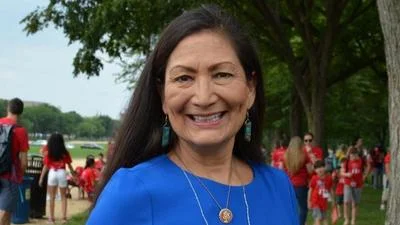Today, a coalition of advocates in New Mexico has launched a petition supporting the New Mexico Community & Health Information Safety & Privacy Advocacy (NMCHISPA) campaign. The initiative aims to safeguard residents' personal data from misuse and exploitation.
The coalition, comprising LGBTQ+, civil rights, and reproductive justice advocates, emphasizes the need for stronger protections against the sale and misuse of sensitive information such as immigration status, gender identity, and healthcare access details. NMCHISPA seeks to address gaps in current data privacy laws that could expose individuals to harm based on their identity or healthcare choices.
Nathan Saavedra from Equality New Mexico highlighted the risks faced by communities when their data is insecure. He stated that people deserve transparency about how their information is used and shared.
The campaign calls for consent-based standards in digital data handling, particularly concerning health-related applications like period trackers and fitness devices. Key proposals include limiting data collection to necessary information, requiring affirmative consent before sharing or selling data, and enhancing online privacy controls.
Adrien Lawyer of the Transgender Resource Center of New Mexico stressed the importance of data privacy as a protection for transgender individuals who may face harassment if exposed through privacy violations.
Bold Futures NM supports the petition, linking digital privacy with reproductive justice and community safety. Kat Sánchez from Bold Futures expressed concerns over potential prosecution risks due to invasive healthcare data tracking without clear consent.
Lena Weber from ACLU of New Mexico reiterated that every resident should be informed about what happens to their personal information. She advocated for regulations requiring companies to obtain permission before collecting or selling personal data while maintaining access to essential online resources.
The NMCHISPA campaign urges public awareness and action on these issues, emphasizing individual control over health, identity, and family-related decisions.









